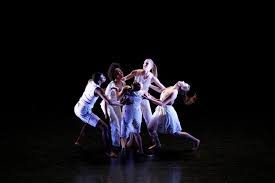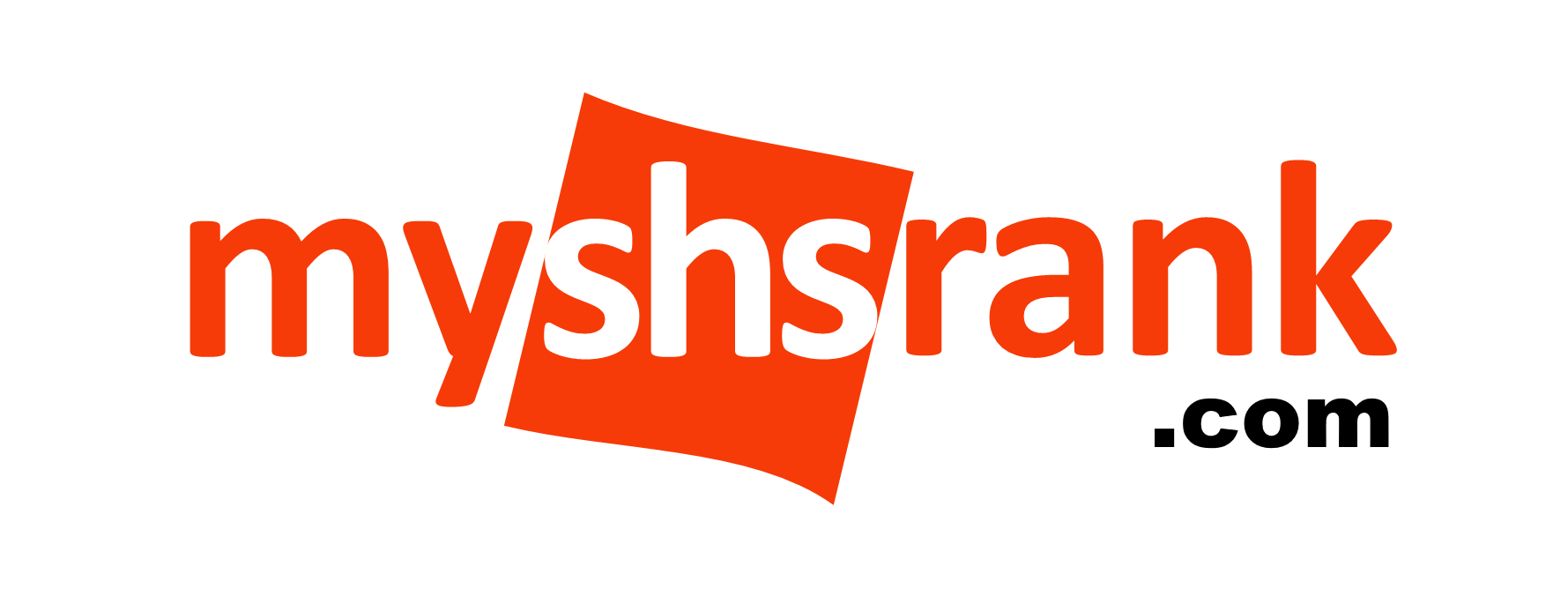career opportunities in studying dance

A dance degree allows you to combine a love of performing with development of your choreography, cultural history and arts administration and management skills
Job options
Jobs directly related to your degree include:
- Arts administrator
- Choreographer
- Community arts worker
- Dance movement psychotherapist
- Dancer
- Personal trainer
- Theatre director
Jobs where your degree would be useful include:
- Actor
- Event manager
- Further education teacher
- Higher education teacher
- Music producer
- Sports therapist
- Talent agent
Work experience
Most dance degree students supplement their studies by creating, producing and performing their own work. This allows you to develop skills in other areas of the performance process, including operations and administration - you can also develop marketing, ticketing and event management experience by working on your own projects.
Some dance degrees include a professional training placement year. A placement allows you to experience working in a professional dance company or arts organisation and may lead to a paid opportunity.
Other options include completing internships or helping with community projects; teaching dance classes; volunteering at festivals; writing reviews and opinion pieces for dance blogs and websites and creating your own workshops.
These activities allow you to explore your own personal interests and grow your network in dance and performing arts - creating opportunities for you to work with other creative professionals. Some students evolve their own dance companies from their involvement in self-directed or voluntary projects.
Typical employers
Freelancing and short-term contracts are the norm and many dance graduates develop 'portfolio careers'. Moving between different fields, networking, attending auditions, collaborating with other artists and putting on your own shows are all parts of a dancer's lifestyle.
Dance is about how you present yourself and it's important to showcase your work and skills whenever you can and network at every opportunity.
Typical employers include:
- performing dance companies, such as the English National Ballet, Northern Ballet, Royal Ballet and Rambert
- clubs, cabarets and cruise ships, either in the UK or abroad
- musical theatre, in the West End or on tour
- backing dancers in music videos, performances and on TV programmes
- community dance organisations, partly funded by the Four Arts councils, such as Sadler's Wells
- teaching organisations, such as Trinity Laban Conservatoire of Music and Dance, Stagecoach Performing Arts and the Royal Academy of Dance.
Skills for your CV
Studying dance provides you with specialist knowledge in different dance forms, dance history, choreography, community dance, arts administration and the commercial and business side of dance and the performing arts.
A dance degree also develops transferable skills that are valued by all kinds of employers. These include:
- presentation and communication skills - to promote and showcase your talent
- ability to work independently
- teamwork and collaboration
- creative collaboration - important when working on performance pieces with other dancers and choreographers
- focus
- original thinking
- time-management and organisational skills
- self-awareness
- self-discipline
- creativity and flexibility
- awareness of others
- analytical, critical and research skills
- writing and marketing
- the ability to receive feedback and learn from it
- pursuit of excellence
- resilience.





